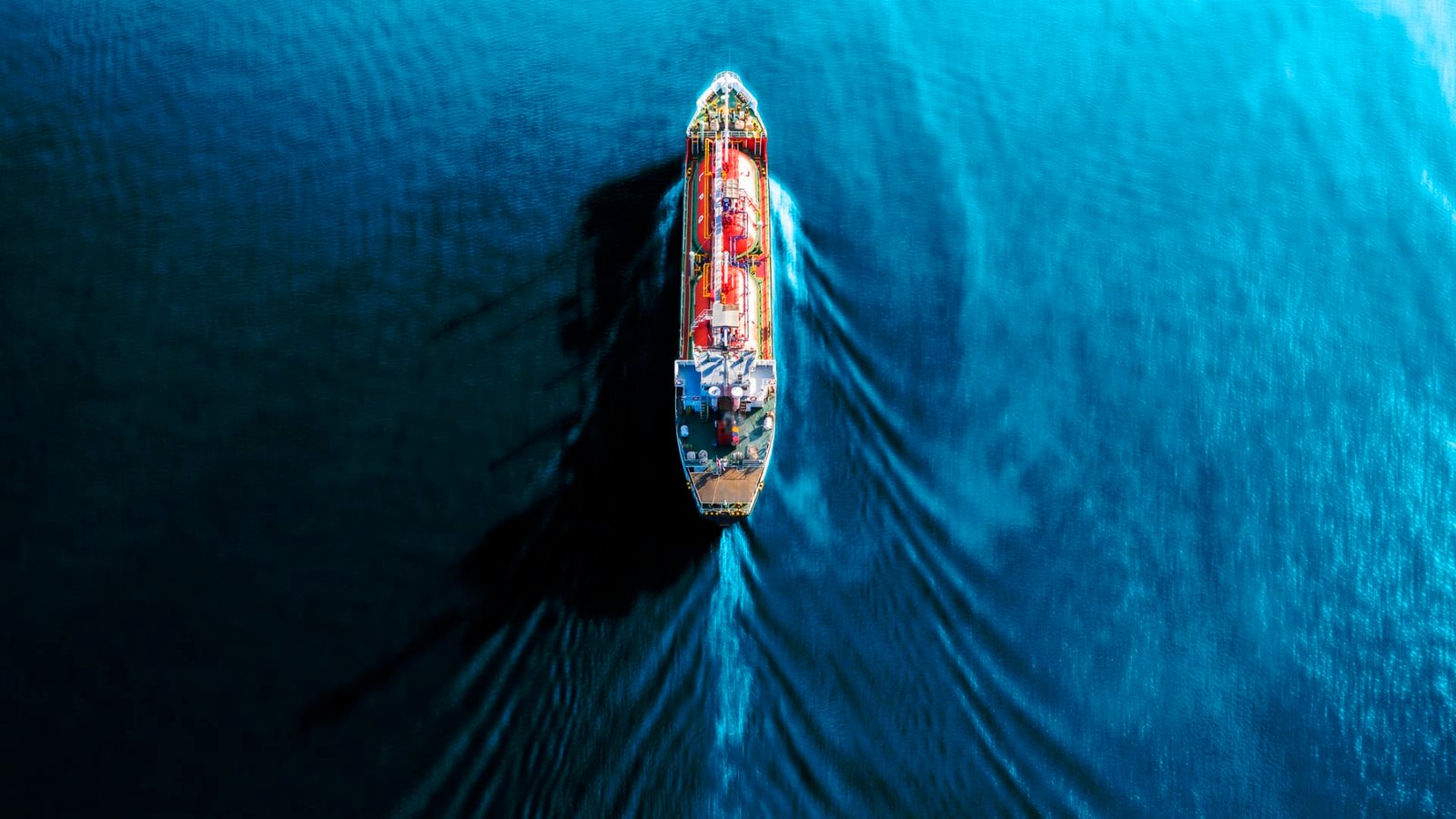The waters off the coast of Yemen have become increasingly dangerous for merchant vessels, with recent reports of multiple attacks by Iran-backed Houthi militants. These incidents not only pose a threat to the safety and security of the ships and their crews but also have wider implications for global shipping routes and trade. The latest attack on a merchant vessel, which suffered damage and was assisted by international coalition forces, highlights the ongoing risks in the region.
The UK Maritime Trade Operations (UKMTO) reported that the incident took place 54 nautical miles southwest of Aden, with the merchant vessel being hailed by an entity claiming to be the Yemeni Navy before being instructed to alter course. The ship was then struck, leading to damage and the crew having to abandon ship. This follows a similar attack in mid-February that resulted in the sinking of the Belize-flagged general cargo ship Rubymar.
The attacks by Houthi militants in the Red Sea have been attributed to their solidarity with Palestinian civilians in Gaza and their targeting of Israeli, US, and UK-linked vessels. However, the indiscriminate nature of these attacks has led to concerns among the shipping industry, with several companies suspending or redirecting voyages through the region. This has ripple effects on global seaborne transit, as the Red Sea route is a key artery for international trade.
In addition to the security risks posed by the Houthi attacks, recent disruptions to critical submarine cables in the Red Sea have further compounded concerns. Four out of 15 submarine cables were reported to have been cut, impacting a significant portion of traffic in the region. The cause of these incidents remains unclear, but they have highlighted the vulnerabilities of the underwater communications infrastructure that is vital for international connectivity.
Yemen’s Minister of Telecommunications, Musfir al-Numair, has emphasized the need for proper permits for submarine cable ships entering Yemeni waters to prevent such disruptions in the future. The coordination and cooperation among regional authorities and international bodies will be crucial in addressing these security and infrastructure challenges in the Red Sea.
The incidents in the Red Sea serve as a stark reminder of the complex geopolitical dynamics at play in the region and the impact they can have on global maritime trade. As tensions escalate and threats to shipping lanes increase, the need for a coordinated response from the international community becomes ever more urgent. Ensuring the safety and security of merchant vessels and critical infrastructure in the Red Sea is essential for maintaining the flow of goods and communication that underpins the global economy.




